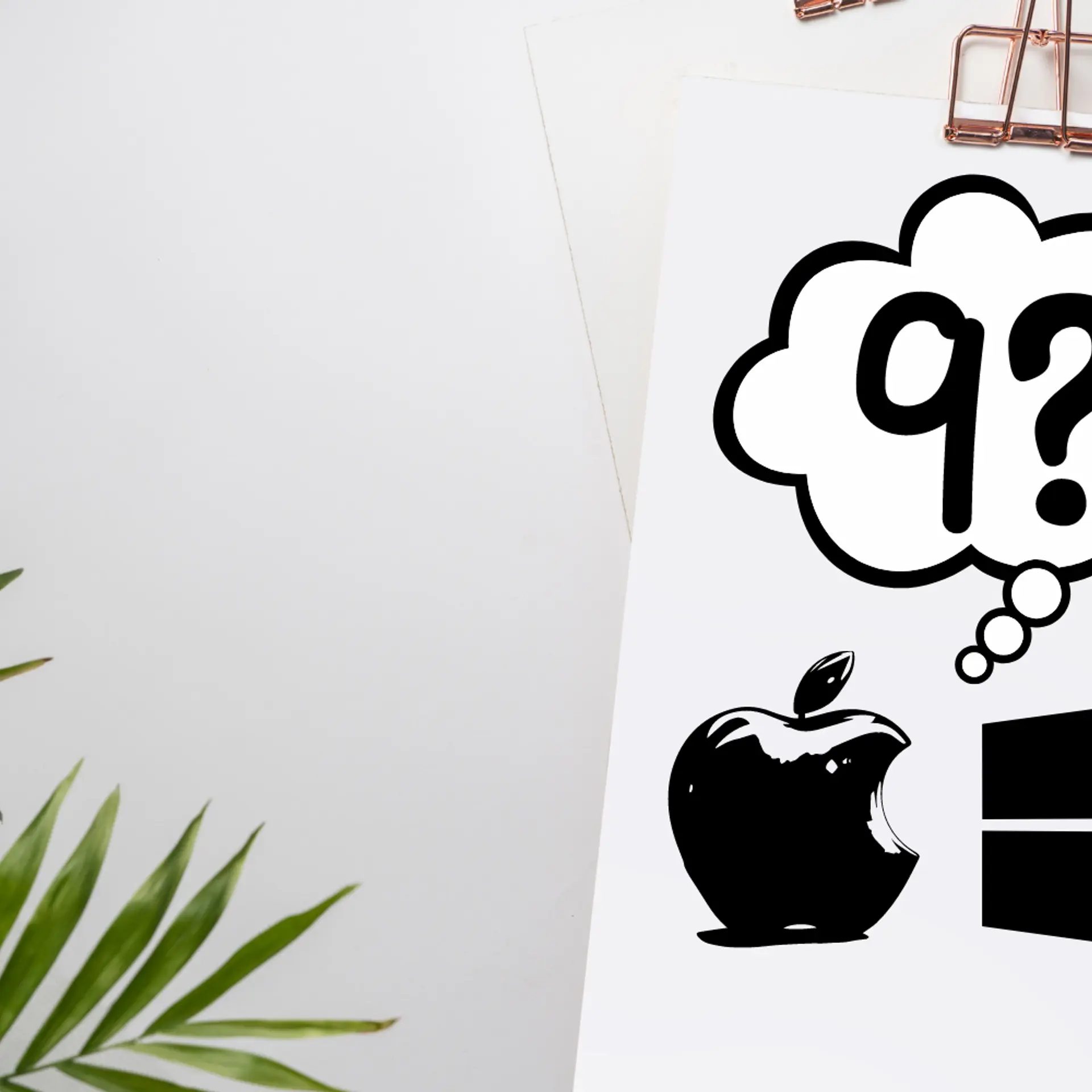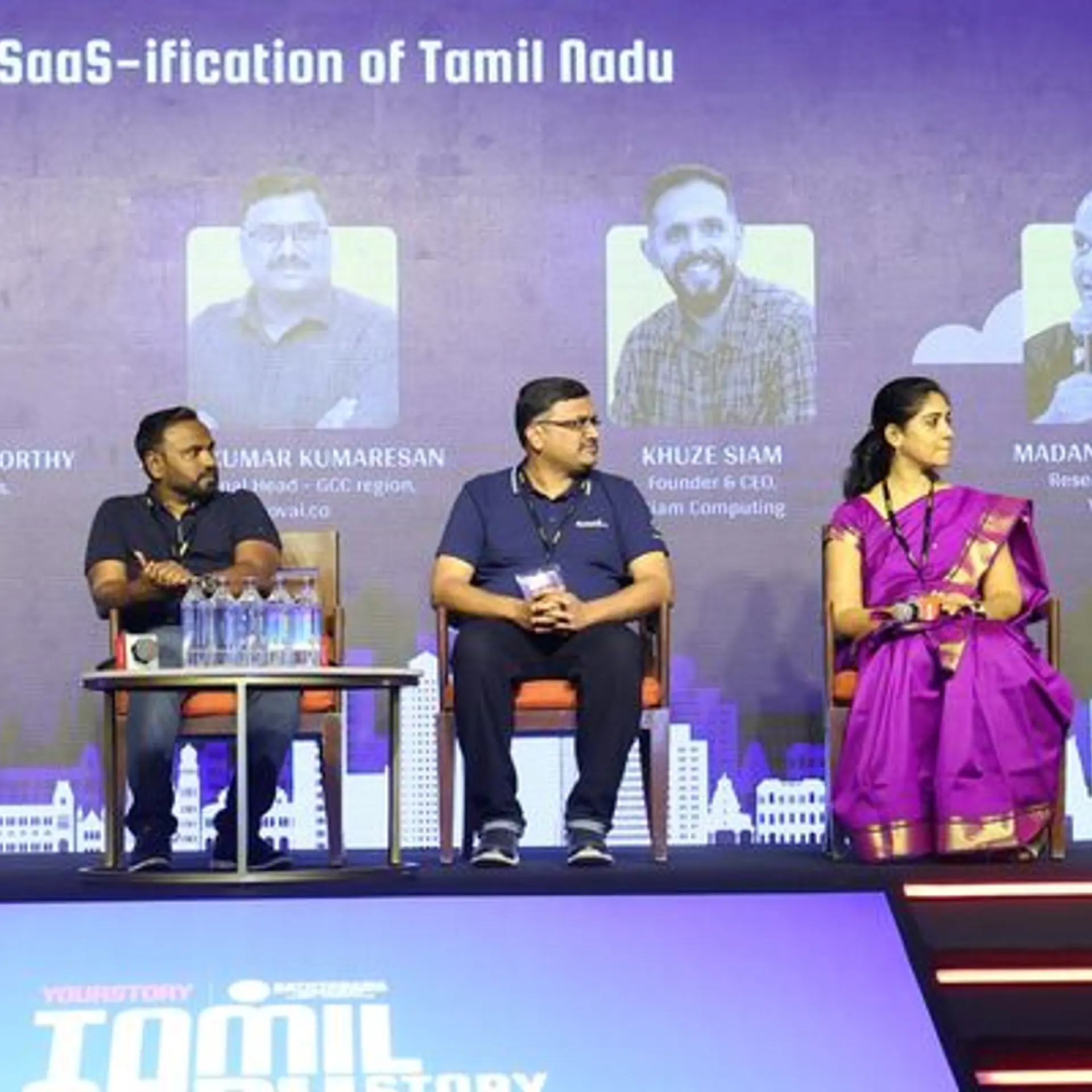Cryptomining and other career opportunities in the blockchain ecosystem
Cryptocurrencies and talk of blockchain applications are everywhere lately. They are tea-time talk subjects of blockchain investors, they are in the discussions of encouraged entrepreneurs and a headache of central banks and governments. What makes cryptocurrencies interesting is blockchain, and what makes blockchain special is its incorruptible (at present) algorithm, secured by math and not trust.
Blockchain, a seemingly easy concept, can be defined in three words – a public ledger. To be more technical, but easy, the story of Blockchain can be told as: A block – record of any incoming new transactions, which can be anything from a voting record to the location of a cryptocurrency – is created and added to the chain of blocks already existing on the laid public network, that is decentralised. The word “decentralised” is the main ingredient of the whole blockchain recipe.
More, with its decentralized nature, and controlled, changing, and incorruptible character, blockchain has eliminated the need of a middle man – virtually a direct attack on the obvious control of banks and government. Recently, in a mobile trial conducted in West Virginia, voters got a chance to cast their votes using a blockchain powered mobile app. The trial has signified a partial acceptance by governments and a wider implementation of the same is in talks.

But how is this all done? Blockchain powers the creation of cryptocurrency, and mining is the way it is done. This means Bitcoin, or any other cryptocurrency running on blockchain, enables anonymity and a permission-less and irreversible payment culture. How are these transactions confirmed and made legit? By miners, who are required to submit a proof-of-work before creating a new block, a rule forged by Bitcoin creator Satoshi Nakamoto, to make the whole process organic, secure, and self-sustaining, the equilibrium of power diffusing the old policy of central control.
What actually is mining?
Before a miner submits a new block in the existing blockchain, they are required to find the hash – an eligibility criteria – to qualify for the task. A hash is a product of a cryptographic function which connects the new block with its predecessor.
This whole process is known as proof-of-work, an intelligent assessment set by Satoshi, the rumoured founder of Bitcoin, to break the tradition of dominant control of banks and government. This is power in the hands of the people and by the people, which is why the ongoing crypto bans in countries has become a daily headline.
Moving further, miners are required to solve the cryptographic hashing algorithm, a mathematical calculation which uses the solutions of previous blocks as it cannot be done without knowing the history of the block.
The solution releases the transaction and creates a new block further added to the blockchain spread over the participating systems. Since mining can be sporadically rewarding, miners constantly struggle to tap into either a bag of gold or a mine of dust. This is a fight of both luck and skill.
Should mining be considered as a job?
So apparently the coins are “dug out” by miners, which so far is a tiresome yet a well-rewarding job. Mining, unlike other regular software development jobs, requires swiftness, knowledge, detailed knowledge in mathematical algorithms, and of course puzzle-solving abilities. Although blockchain has promoted a new chain of jobs which are high paying for the deserving, it is to be seen and judged how long it stays. But for now, jobs in cryptomining are booming, and for the skilled, there is no dearth of companies and money.
According to Rich Pearson, Senior VP at Upwork, “We’re seeing thousands of blockchain-related jobs posted every month. On average those jobs get filled about every three days.”
Norway, Sweden, Canada, South Korea, Venezuela, and Russia are at present hubs for miners, but the profession is slowly going global. Making money out of thin air is attractive, appealing, and promising. There are no guarantees of success, but if you have the necessary skills and hardware, give it a shot!
Shruti Kaushik is a professionally accredited blockchain writer.
(Disclaimer: The views and opinions expressed in this article are those of the author and do not necessarily reflect the views of YourStory.)







